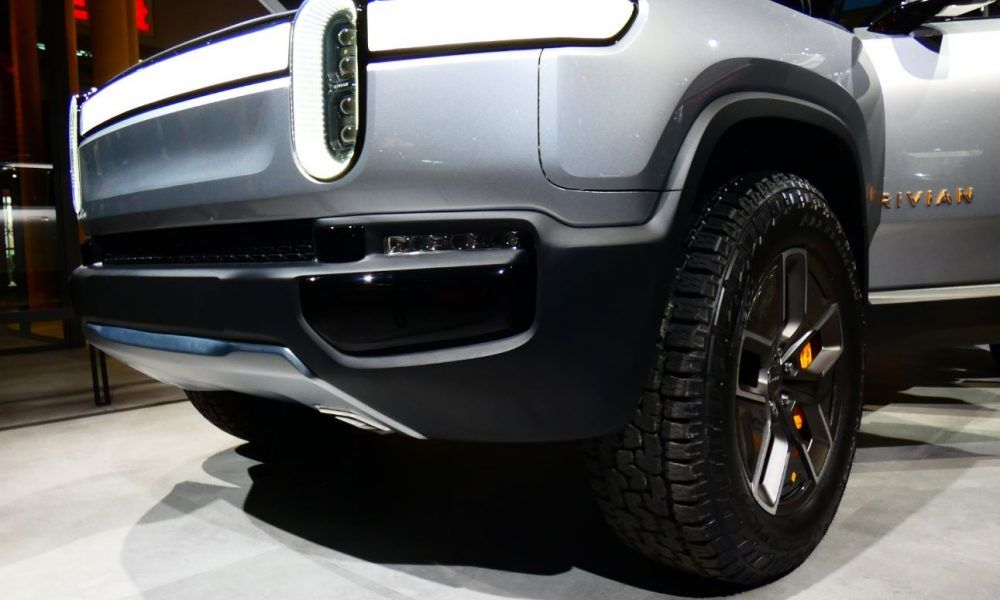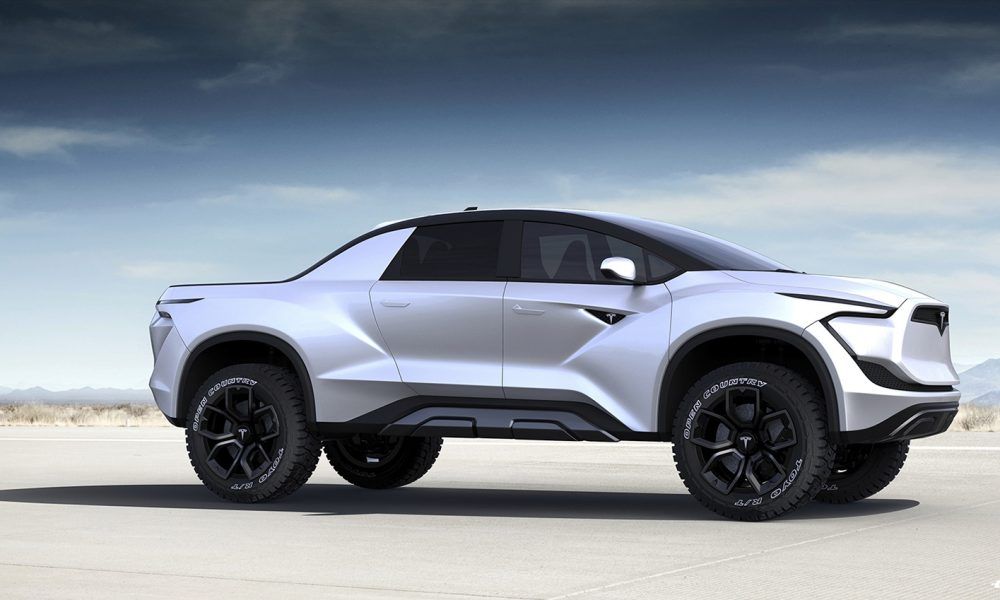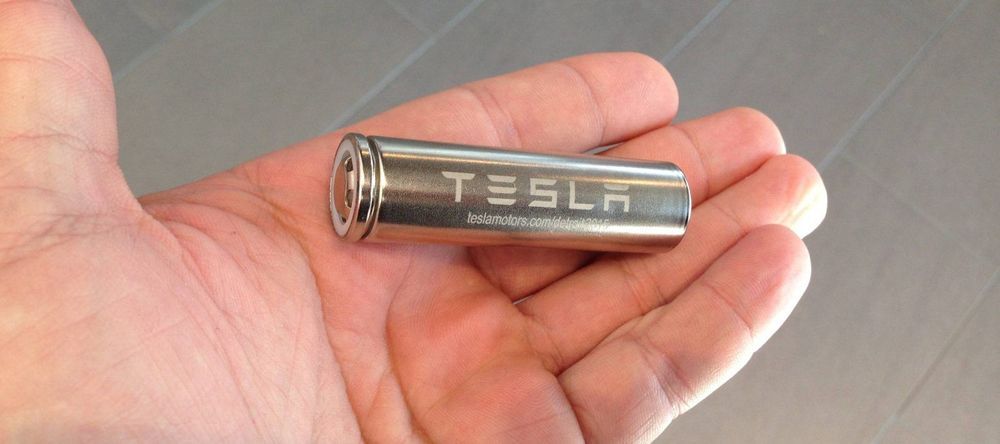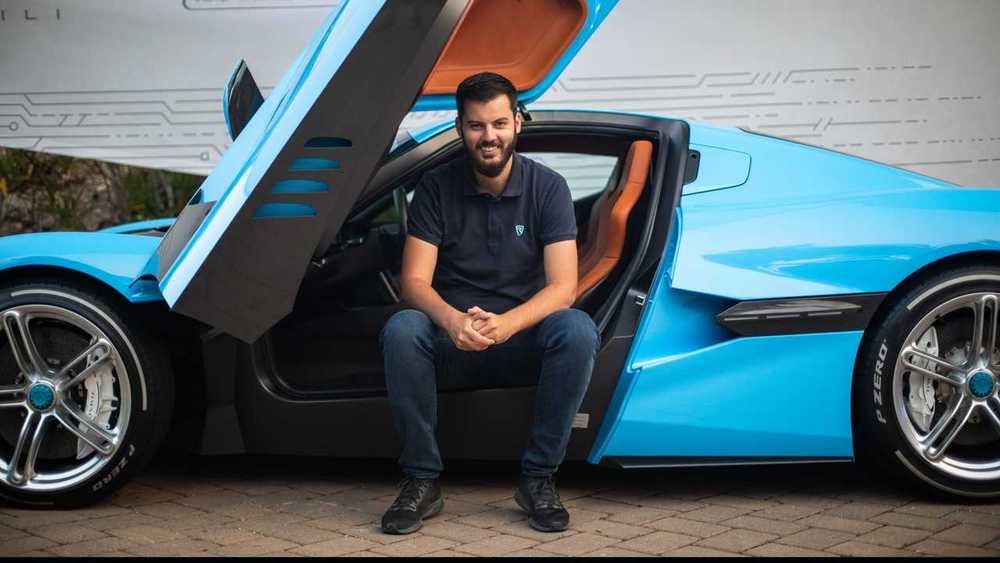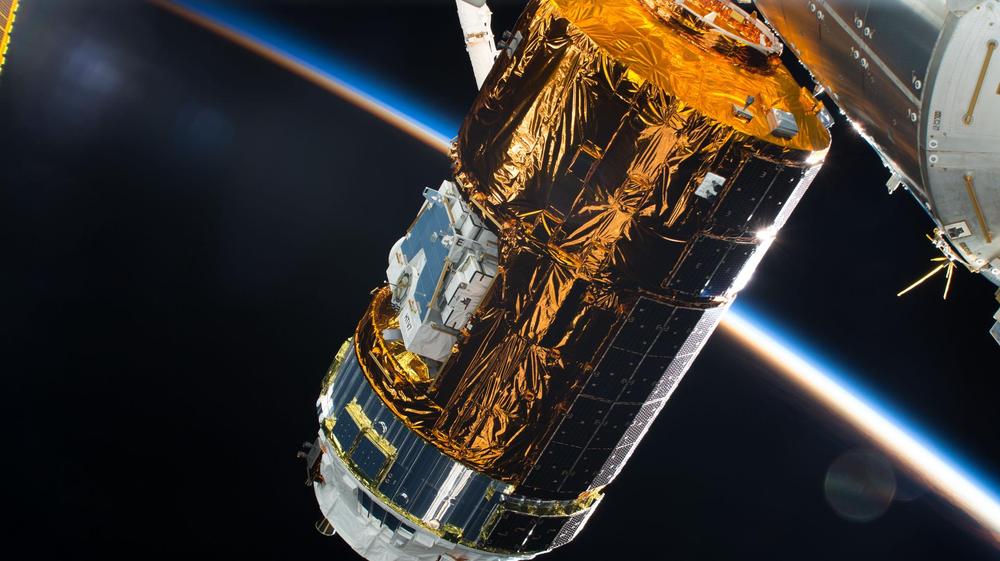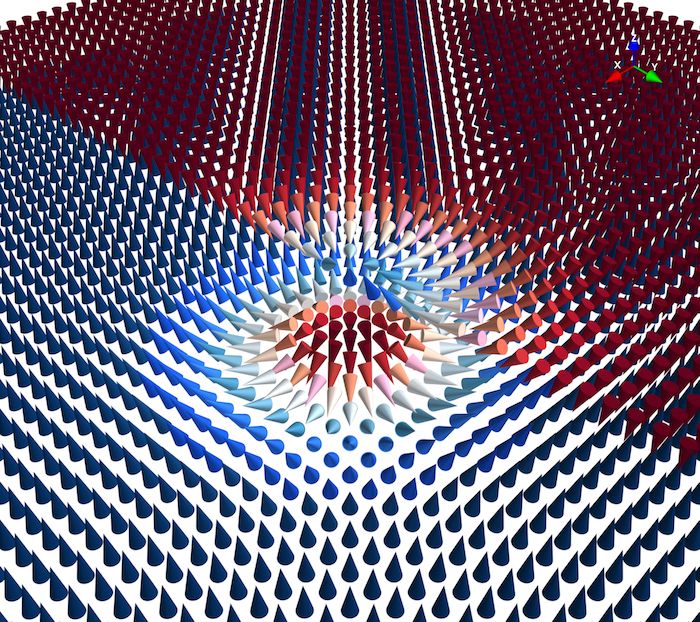Computer vision is one of the most popular applications of artificial intelligence. Image classification, object detection and object segmentation are some of the use cases of computer vision-based AI. These techniques are used in a variety of consumer and industrial scenarios. From face recognition-based user authentication to inventory tracking in warehouses to vehicle detection on roads, computer vision is becoming an integral part of next-generation applications.
Computer vision uses advanced neural networks and deep learning algorithms such as Convolutional Neural Networks (CNN), Single Shot Multibox Detector (SSD) and Generative Adversarial Networks (GAN). Applying these algorithms requires a thorough understanding of neural network architecture, advanced mathematics and image processing techniques. For an average ML developer, CNN remains to be a complex branch of AI.
Apart from the knowledge and understanding of algorithms, CNNs demand high end, expensive infrastructure for training the models, which is out of reach for most of the developers.

